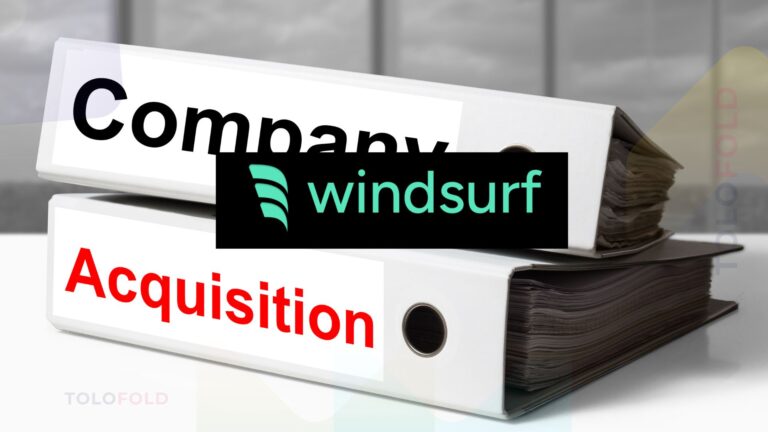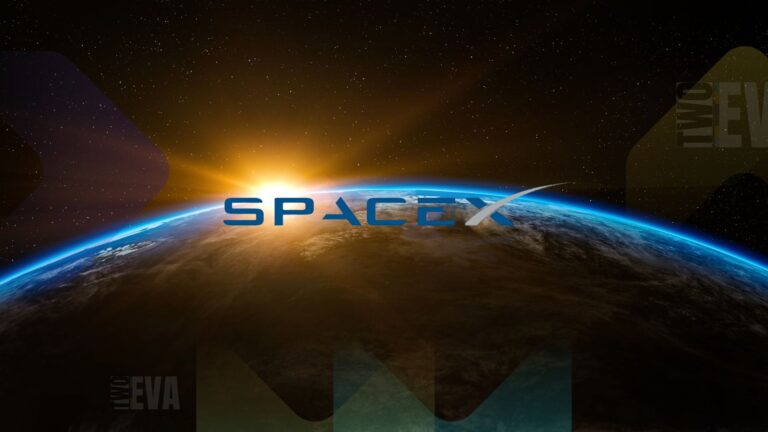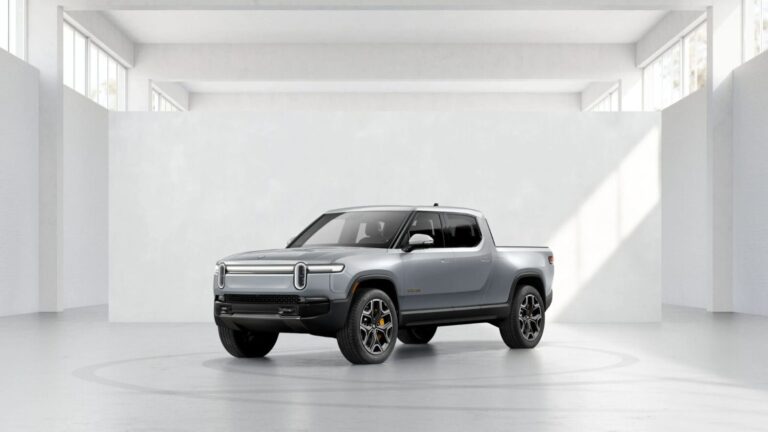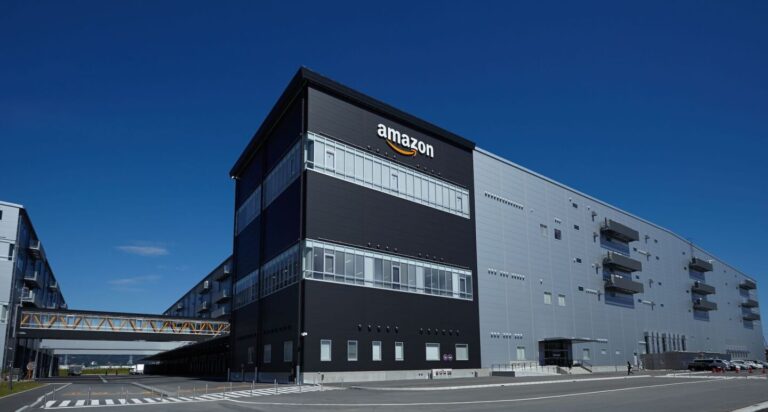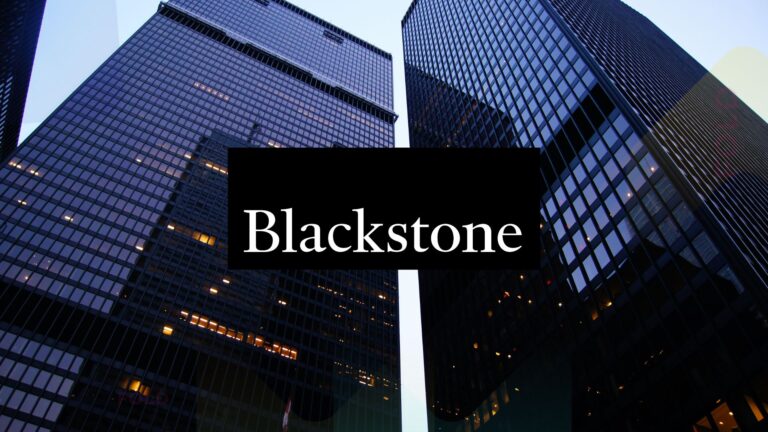Microsoft Doubles Down on AI Integration with Latest Windows 11 Release, Extending Copilot+ Features Beyond Snapdragon to Intel and AMD PCs
Microsoft has announced that it is expanding its AI-driven Copilot+ features beyond Snapdragon-powered PCs to include devices running on Intel and AMD chips, a move that significantly broadens access to AI tools in Windows 11. The decision marks a shift from the initial exclusivity of these features, which were limited to ARM-based Copilot+ PCs when they launched earlier this year.
What Changed?
Initially, Microsoft restricted Copilot+ features—such as Recall, AI-enhanced search, and Cocreator in Paint—to Qualcomm’s Snapdragon X Series laptops, which had the Neural Processing Units (NPUs) required to handle on-device AI tasks efficiently. However, after pressure from users and improvements in AI hardware from Intel and AMD, the company is now rolling out these features to x86-based systems.
“The first wave of Copilot+ features was tied to Snapdragon due to its NPU performance,” a company spokesperson explained. “But with Intel Core Ultra and AMD Ryzen AI 300 series chips meeting the necessary benchmarks, we’re extending support.”
Which Features Are Included?
Not all Intel and AMD PCs will receive every feature. Microsoft has outlined hardware requirements, particularly an NPU with at least 40 TOPS (trillions of operations per second), for full functionality. Devices that meet this threshold, such as recent models from Dell, HP, Lenovo, and Surface, will gain access to:
- Recall: A tool that logs and retrieves past activities for easier reference.
- Cocreator in Paint: AI-assisted image generation and editing.
- Windows Studio Effects: Enhancements like background blur and voice focus for video calls.
- Click To Do: Context-aware task automation for apps and documents.
Older or less powerful machines may see limited compatibility. According to The Verge, Microsoft is also adding non-AI improvements, such as a color picker in Snipping Tool and crash diagnostics.
Market and Industry Impact
The broader rollout signals Microsoft’s push to make AI a standard part of Windows 11 ahead of Windows 10’s end-of-support date in October 2025. Analysts note that this could accelerate demand for AI-capable PCs and spur further competition between chipmakers.
Additionally, the Microsoft Store will introduce badges to highlight apps optimized for Copilot+, helping users identify compatible software.
Why the Delay for Non-Snapdragon PCs?
NPU performance was the primary bottleneck. Early Snapdragon X Series chips offered the needed efficiency for on-device AI, whereas Intel and AMD required time to integrate similar capabilities into their architectures. User feedback also played a role—many asked why premium x86 laptops couldn’t match the AI features of ARM-based devices.
Microsoft has not provided a detailed timeline for the rollout but confirmed it will happen in phases. For now, the expansion reinforces the company’s strategy of embedding AI across Windows, though hardware limitations mean some users will still miss out.



